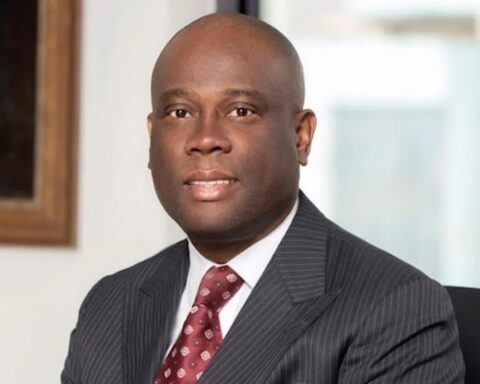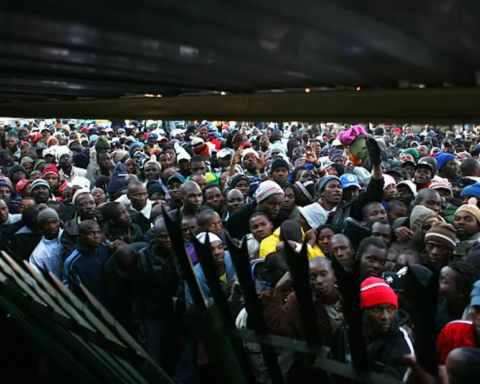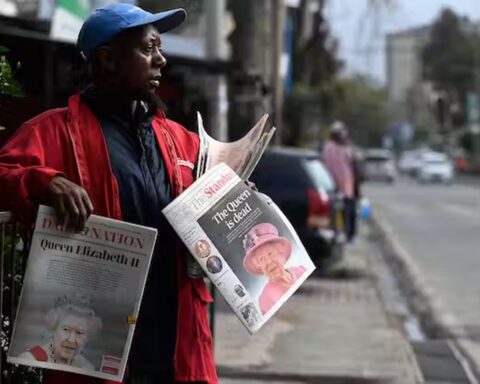Rwanda has sent troops into Mozambique, but disagreement between regional leaders over the deployment threatens efforts to put down the insurgency in Cabo Delgado.
On July 9, Rwanda announced it was sending 1000 soldiers and police officers to Cabo Delgado, in the north of Mozambique. The conflict has killed over 3000 people and displaced over 800,000, according to aid agencies.
The Rwanda contingent would only return home once its mission is accomplished, Rwanda’s defence spokesperson Ronald Rwivanga said as troops left on Saturday.
Rwanda’s deployment has unsettled the Southern African Development Community (SADC), which plans to send in an advance force on July 15. SADC’s deployment date is revealed in its July 7 letter to the United Nations, informing UN Secretary-General António Guterres of its plans, as is required under UN rules.
However, disputes over Rwanda’s involvement, Mozambique’s delays in authorising SADC’s mission, as well as tensions among leaders may undermine military missions to deal with the crisis.
Here are some of the latest developments:
SA says Rwanda deployment is ‘unfortunate’
SADC leaders view Rwanda’s intervention as premature.
According to Nosiviwe Mapisa-Nqakula, South Africa’s Defence Minister, the Rwanda deployment was an agreement between Mozambique and Rwanda. The region wanted Rwanda to come in as part of the SADC force.
“The issue of Rwanda deploying, that’s a bilateral issue between Rwanda and Mozambique. It is unfortunate that that deployment happened before SADC has deployed, because whatever bilateral (arrangement) between Mozambique and Rwanda you would have expected that Rwanda would be going in, in support of Mozambique, in the context of a mandate which has been given by the heads of State in SADC. It is unfortunate,” Mapisa-Nqakula told SABC on Saturday.
She added: “It’s a situation we have no control over. It means that Mozambique has agreed with the Rwandese.”
How did Rwanda deploy first ahead of SADC?
Mozambique has always preferred a bilateral intervention, as opposed to a regional one. Previously, Mozambique has relied on private security contractors to deal with the crisis.
Over recent times, Mozambique has started approaching individual countries, including France and Zimbabwe, for support. In April, spokesman of Mozambique’s ruling party, Frelimo, Caifadine Manasse, said government had agreed to engage American, Portuguese and Zimbabwean forces to train Mozambican soldiers.
But it was President Filipe Nyusi’s meeting with Rwanda’s Paul Kagame in April that has delivered the first major deployment. SADC leaders are opposed to Rwanda’s separate intervention, but Nyusi says he has that mandate.
“It was SADC which authorised Mozambique to seek support from other friends”, Nyusi said at the weekend, according to a report by Radio Mozambique.
Nyusi has kept SADC guessing, despite the region authorising a deployment in June.
Regional blocs cannot deploy to another country before the host nation grants permission. The affected country has to sign a Status of Forces Agreement, which authorises deployment of foreign troops and spells out what is expected of them. While Mozambique bilaterally authorised Rwanda’s deployment, it had not signed the agreement with SADC as late as Friday. This is just days before the planned deployment of SADC’s advance brigade.
Said Mapisa-Nqakula: “We are deploying (on July 15). Hopefully by then, Mozambique would have signed the Status of Forces Agreement.”
In its letter to the UN, SADC said the mission would be “for an initial period of three months, and may be extended depending on the evolution of the situation.”
SADC’s Rapid Deployment Force would be first to go in, paving way for the full brigade.
Row over who should lead SADC mission
SADC’s security and military experts met recently in Botswana to plan for the intervention. At the meeting, it was agreed that South Africa would lead the intervention. A South African officer, at the level of Major-General, would command the force, deputised by an officer from Botswana, at the level of Colonel. The Chief of Staff would be South African.
But a quarrel has erupted after that agreement. Mozambique is said to be opposed to South Africa leading the brigade. The “operational decisions taken by military experts changed”, Mapisa-Nqakula admits, but she says “matters are being resolved”.
It is uncertain whether SADC can still send out its troops before the command issue is resolved.
At the weekend, Nyusi was in the Cabo Delgado town of Mueda, which will be the headquarters of one of the operating areas. Nyusi said any foreign troops coming into Mozambique must be led by Mozambican commanders.
“They are going to work with us, but they don’t give the orders”, Nyusi said. “They are going to organise themselves and work with our commanders. The fight against rebel groups will be organised by Mozambican commanders. Our commanders will divide the theatre into areas, so that they don’t all go to the same place”.
It is unclear how these areas will be divided between Rwandan, Mozambican and SADC troops.
There are tensions between Mozambique and South Africa, made worse by a diplomatic incident earlier this year.
According to a City Press report last week, four South African spies were caught and detained in Mozambique for nine days after a failed operation by South Africa’s State Security Agency (SSA) to gather intelligence Cabo Delgado. This led to the suspension of Robert McBride as the head of South Africa’s foreign branch, media reports said.
However, South Africa denies there are fights between the two neighbours.
“There are no tensions between Mozambique and South Africa. And even if there were, they would not affect the decisions of the region,” Mapisa-Nqakula.
Mozambican media also said SADC nations agreed on a budget of US$12 million for the intervention. SADC member states were due to have made their contributions by July 9. No updates are available from SADC on whether the payments had been made by the deadline.









